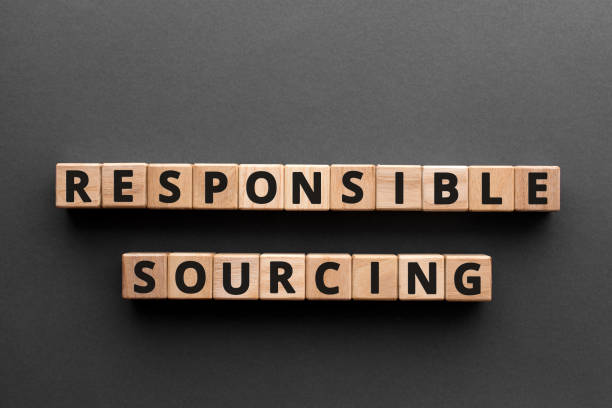Table of Contents
In today’s interconnected global marketplace, businesses have a responsibility to ensure that their products and services are produced ethically and sustainably. Ethical sourcing and supply chain transparency are essential components of corporate social responsibility (CSR), and they can have a profound impact on a company’s reputation, financial performance, and overall sustainability.

Understanding Ethical Sourcing and Supply Chain Transparency
Ethical sourcing refers to the practice of procuring goods and services from suppliers who adhere to ethical standards, such as fair labor practices, environmental protection, and human rights. Supply chain transparency involves ensuring that all aspects of a company’s supply chain are visible and accountable, from raw material extraction to product delivery.
Ethical sourcing and supply chain transparency are closely linked. By ensuring that suppliers are transparent about their operations, companies can better assess their compliance with ethical standards and identify potential risks.
The Importance of Ethical Sourcing and Supply Chain Transparency
Ethical sourcing and supply chain transparency are essential for several reasons:
- Mitigating risks: Ethical sourcing and supply chain transparency can help to mitigate risks such as labor violations, environmental damage, and reputational harm. By ensuring that suppliers are compliant with ethical standards, companies can avoid negative publicity and legal liabilities.
- Enhancing reputation: Consumers, investors, and employees are increasingly concerned about corporate social responsibility. Companies that demonstrate a commitment to ethical sourcing and supply chain transparency can improve their brand image and attract a loyal customer base.
- Driving innovation: Ethical sourcing and supply chain transparency can drive innovation and create new business opportunities. By working with suppliers who are committed to sustainability, companies can develop new products and services that meet the needs of ethical consumers.
- Improving financial performance: Ethical sourcing and supply chain transparency can improve a company’s financial performance. By reducing costs associated with non-compliance and enhancing its reputation, companies can attract investors and increase profitability.

Challenges and Best Practices
Implementing ethical sourcing and supply chain transparency can be challenging. Some of the key challenges include:
- Complexity of supply chains: Modern supply chains are often complex and global, making it difficult to monitor all suppliers and ensure compliance with ethical standards.
- Lack of data: In some cases, it can be difficult to obtain reliable data on supplier practices, particularly in developing countries.
- Cultural differences: Ethical standards and practices can vary across different cultures and regions.
To address these challenges, companies can adopt the following best practices:
- Conduct due diligence: Companies should conduct thorough due diligence on their suppliers to assess their compliance with ethical standards. This can involve on-site audits, supplier questionnaires, and third-party verification.
- Develop supplier codes of conduct: Companies should develop clear supplier codes of conduct that outline their expectations for ethical behavior. These codes should be communicated to all suppliers and enforced through regular audits and monitoring.
- Collaborate with industry partners: Companies can collaborate with industry partners to develop shared standards and best practices for ethical sourcing and supply chain transparency.
- Invest in technology: Technology can be used to track and monitor supply chains, identify potential risks, and ensure compliance with ethical standards.

The Future of Ethical Sourcing and Supply Chain Transparency
Ethical sourcing and supply chain transparency are becoming increasingly important in today’s global marketplace. As consumers, investors, and employees become more demanding, companies will need to demonstrate a commitment to these principles to remain competitive.
By adopting ethical sourcing and supply chain transparency practices, companies can not only improve their reputation and financial performance but also contribute to a more just and sustainable world.

